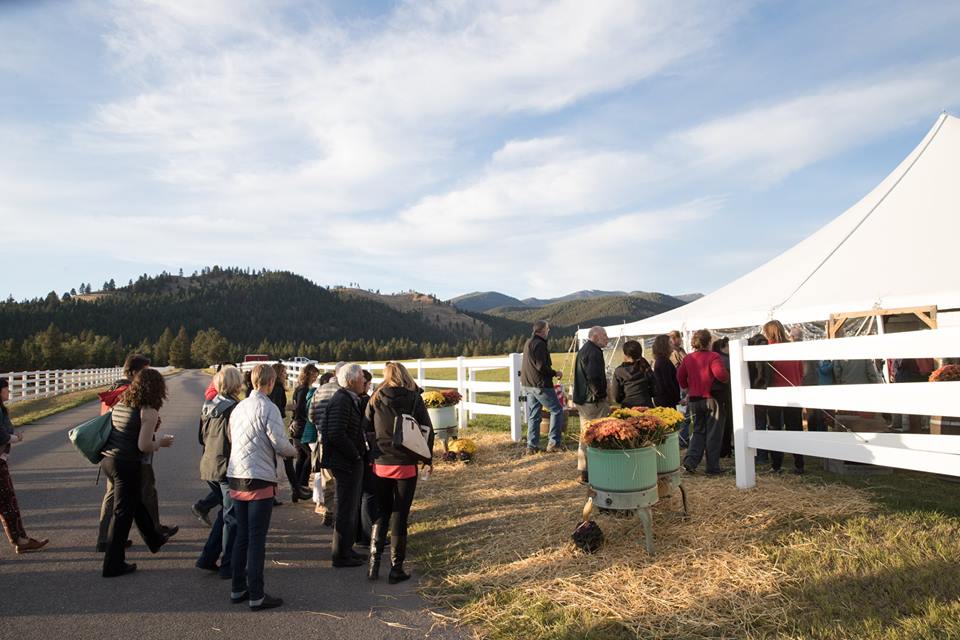Many of our towns and cities in the Northwest are small, rural and geographically isolated. There is real power in the community that develops in these places. The interconnectedness is out in the open, on the surface, evident and real.
Economic development in rural areas depends upon the availability of childcare, housing, recreation and transportation. Housing depends on the availability of jobs, the quality of life, the efficiency of infrastructure, zoning and the layout of a town. Recreation depends on location, community health and investment priorities, land use and access to the outdoors. The web of factors that impact the themes of diversity, equity and inclusion explored at Philanthropy Northwest’s recent conference, Under One Sky, is especially complicated and tangled in rural areas.
Even though our Northwest communities may be many miles and several mountain ranges or river crossings away from “the real world,” we share ties to regional, national and global factors. For example, people with student loan debt may be unable to couple the realities of payback with the potential reality of smaller earning potential in a rural area. Rural people often have less access to state and federal services due to distance, weather and travel obstacles. The lack of human capacity — people to get the job done — is so much more evident in these communities whereas a larger community may have an easier time shouldering these challenges.
Intersecting Threads
Grantmakers are charged with keeping the big picture in perspective, which can be overwhelming and even disheartening. Which thread should be pulled first? Which will make the most impact? How do you match the enormity of the need with the availability of resources? How do you prioritize?
While larger communities also struggle with these questions as well, I often ponder if rural communities face a tipping point in the gap between needs and capacity to manage those needs. Through my work with The O.P. & W.E. Edwards Foundation, I’ve seen firsthand that smaller communities are full of resilience and ingenuity, and even small changes or investments can make a huge difference.

For example, putting in a half mile of multi-use path that connects a blossoming housing area to the services of town can make that area much more attractive to young families. Developing a compensation package that helps offset student debt can help entice college graduates to come back home. Access to childcare can also make living in a small community more affordable and attainable. Even just reaching out to a neighbor can open a world of connection and possibility.
The truth is that every strand in our shared web can make a positive or negative impact: every gesture, well-thought out initiative, economic incentive, regulation or infrastructure project.
While it would be ideal all our efforts aligned and collective action resulted in forward movement and fantastic results, life — and philanthropy — can be messy and move in fits and starts. The real danger is to miss opportunity or get stymied by layers of bureaucratic process. So while we shoot for the ideal, let’s not be afraid to dive into a community, collect wisdom, and do something! Even the most modest efforts can link larger threads in our shared web that may jumpstart even bigger investments down the road, especially in a small community where often hearts are big and people are mighty.
The O.P. & W.E. Edwards Foundation is a family foundation based in Red Lodge, Montana, and Philanthropy Northwest member and 2016 conference sponsor.